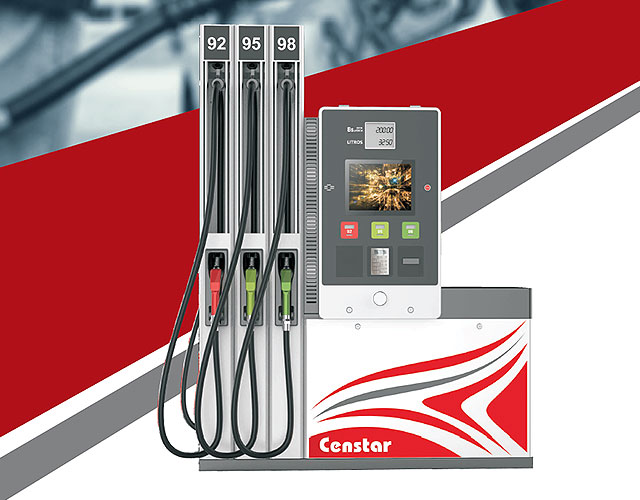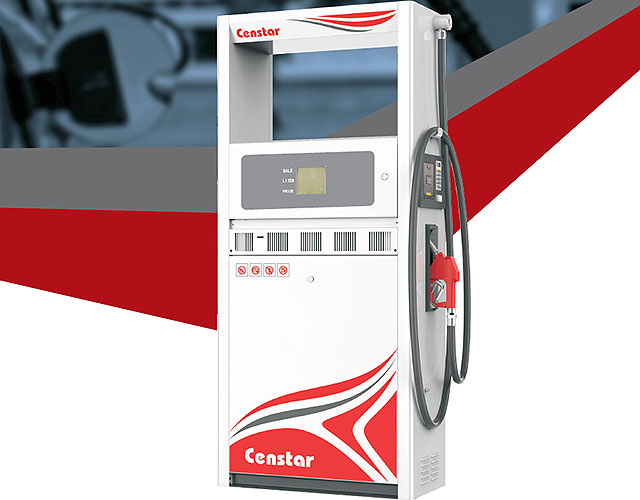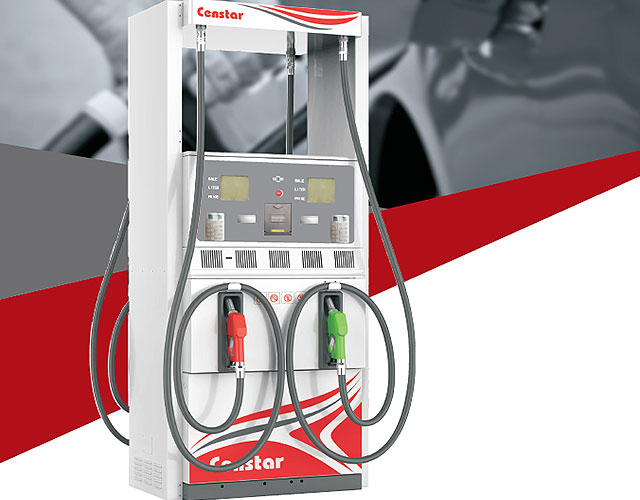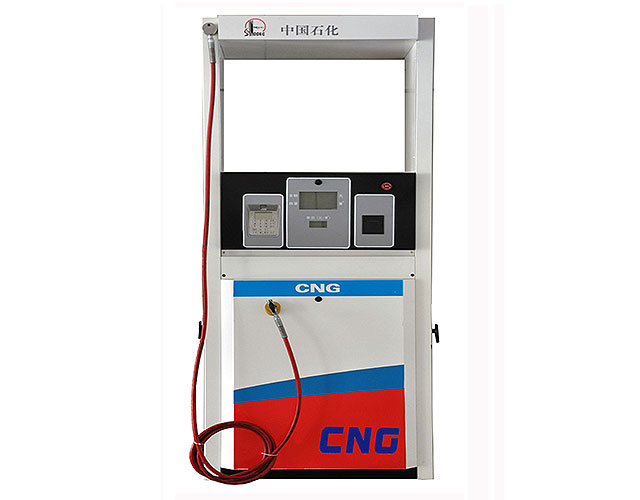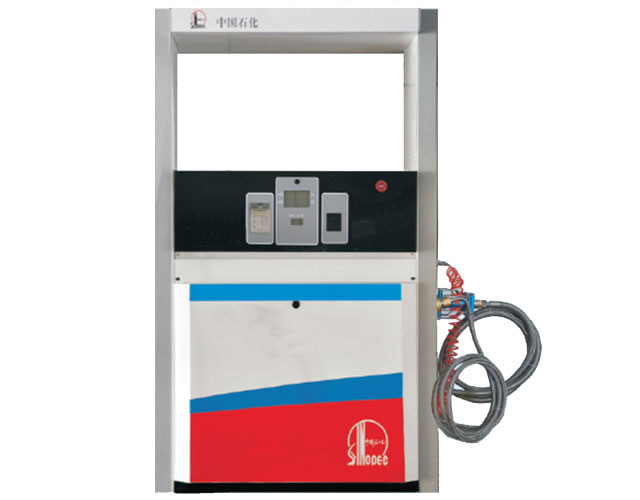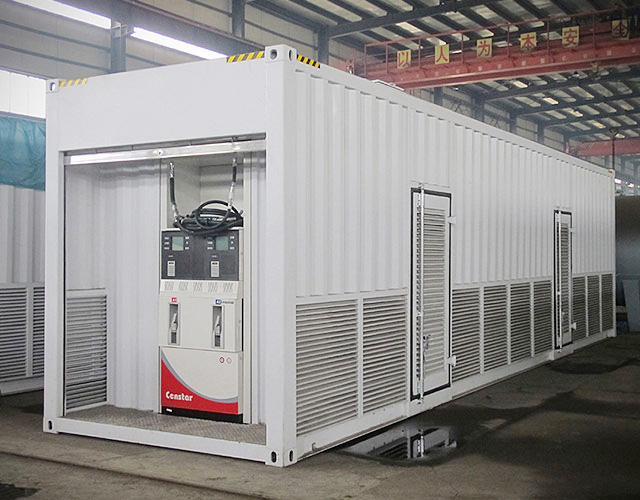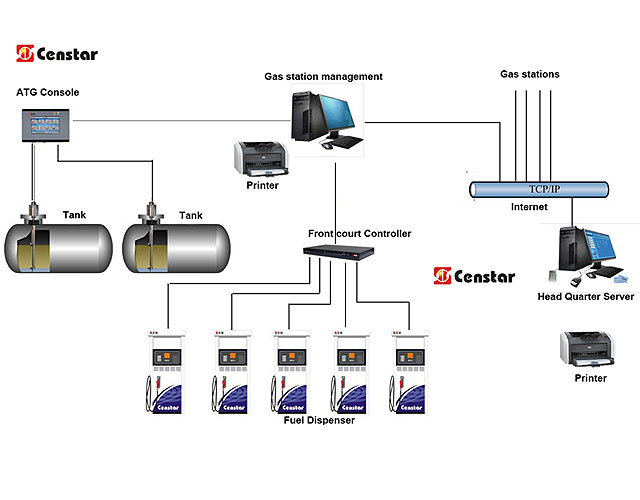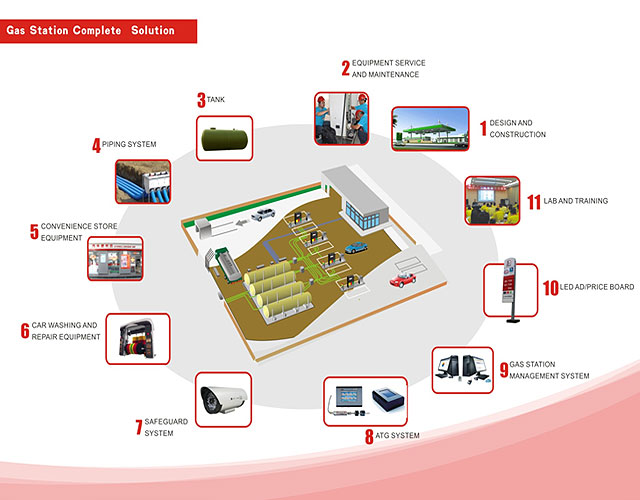natural risks of gas station

Is It Safe to Live Near a Gas Station? Scientific American
Despite all the modern health and safety guidelines they must follow, gas stations can still pose significant hazards to neighbors, especially children. Some of the perils include ground level ozone caused in part by gasoline fumes, groundwater hazards from petroleum products leaking into the ground,

Alternative Fuels Data Center: Natural Gas Fueling Station
Natural Gas Fueling Station Locations Find compressed natural gas (CNG) and liquefied natural gas (LNG) fueling stations in the United States and Canada. For Canadian stations in French, see Natural Resources Canada .

Gas Stations with Convenience Stores Industry eMentor RMA
Owners of gas stations with convenience stores typically need funds for: Land or building acquisition and development. Licenses, permits, and insurance. Start up inventory and cash on hand. Supplier contracts. Gas station and store setup, including signage. Payroll. Utility bills.

(PDF) Risk assessment and crisis management in gas stations
Risk assessment and crisis management in gas stations Article (PDF Available) in International Journal of Environmental Research 4(1):143 152 January 2010 with 1,556 Reads Cite this publication

Gas Station Environment Hazards LoveToKnow
The most prevalent risks associated with gas station environment hazards are fires and explosions. You can view examples of real life gas station fires, in the Electrostatic Journal . Gas station fires most frequently result from sparks that lead to fuel explosions and static electricity that ignites fuel vapors.

Risk Perception and Occupational Accidents: A Study of Gas
Physical risk factors to which workers are exposed on gas station include noise from vehicles, extreme air temperatures (hot and cold) during the seasons with extreme temperatures characteristic of the studied region. Chemical risk factors include contact with the fuel, more specifically, with the chemical benzene.

Environmental Impacts of Natural Gas Union of Concerned
This comprehensive overview details the potential environmental impacts of natural gas use and extraction, including its effects on water supplies, global warming emissions, air pollution, and wildlife.

Advantages and Disadvantages of Natural Gas
Disadvantages of Natural Gas Use. The processing results in several byproducts: hydrocarbons (ethane, propane, etc.), sulfur, water vapor, carbon dioxide, and even helium and nitrogen. Non Renewable: It is a finite source of energy and cannot be considered a long

Environmental Impacts of Natural Gas Union of Concerned
Whether natural gas has lower life cycle greenhouse gas emissions than coal and oil depends on the assumed leakage rate, the global warming potential of methane over different time frames, the energy conversion efficiency, and other factors .

Gasoline and Health: Symptoms, Causes & Effects
Short term implications. Gasoline can adversely affect your health in both liquid and gas form. Swallowing gasoline can damage the inside of your body and cause permanent damage to major organs. If a person swallows a large amount of gasoline, it can cause death. Carbon monoxide poisoning is of particular concern.

Are Gas Stations Good Investments? Finance Zacks
Gas Station Risks. Since most stations are dependent on vehicular traffic to drive their business, any change in traffic patterns can have a disastrous effect on their performance. As such, it's important to gauge what road construction could be coming. In addition, gas

Advantages and Disadvantages of Natural Gas
The many uses of natural gas have made it an equal alternative to oil and coal. It is becoming more and more popular due to the fact that it is used in many ways, mostly in the industrial, commercial, residential, electric power generation, and transportation sectors. The advantages in using natural gas include the following: it is economical, cleaner than other fossil fuels, abundant, easily

CNG or Compressed Natural Gas Fuel Stations Locations
CNG or Compressed Natural Gas Fuel Stations Locations, Interactive Maps, Phone, Website and More. All Places of Interest » CNG or Compressed Natural Gas Fuel Stations.

Is It Safe to Live Near a Gas Station? Scientific American
Despite all the modern health and safety guidelines they must follow, gas stations can still pose significant hazards to neighbors, especially children. Some of the perils include ground level ozone caused in part by gasoline fumes, groundwater hazards

Common Fire Risks At Gas Stations Exceed Insurance
The risk of fire is significant within a gas station. Both the store and the pump lanes face a risk of fires and explosions. Most gas station insurance policies usually include coverage for fires or explosions. However, gas station owners should maintain their stations appropriately to reduce fire risks. Looking For Fire Risks

How To Buy Gas Station Businesses: Top Five Risks BizBen
5. Paying a fair price. Some California gas station brokers and sellers like to tie the business asking price to the gallonage pumped or to gross revenues. But the smart entrepreneur pursuing a buy gas station business objective looks at actual earnings before the seller pays, or sets aside money for interest, taxes, depreciation and amortization.

Is there a health problem living by a compressor station?
Is there a health problem living by a compressor station? Opposition to natural gas development using high volume hydraulic fracturing, or fracking, to tap gas

Fire Hazards and Fire Protection Gas fired Power Plants
Fire Hazards and Fire Protection Gas fired Power Plants. Sarah Noel Block. J . had an explosion in the turbine building when natural gas was being purged from the gas line. Six people were killed. In 2014, the Didcot B Power Station, a gas fired plant, had a major cooling tower fire. The fire spread from one to three cooling

Common Fire Risks At Gas Stations Exceed Insurance
Gas station insurance policies usually offer coverage for a variety of threats. These can include theft, weather damages and fire damages. The risk of fire is significant within a gas station. Both the store and the pump lanes face a risk of fires and explosions. Most gas station insurance policies usually include coverage for fires or explosions.


